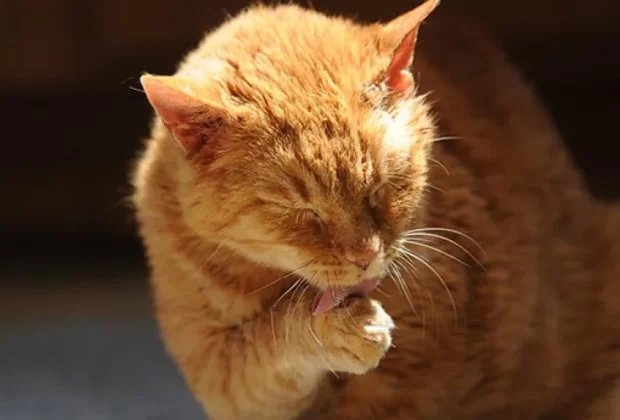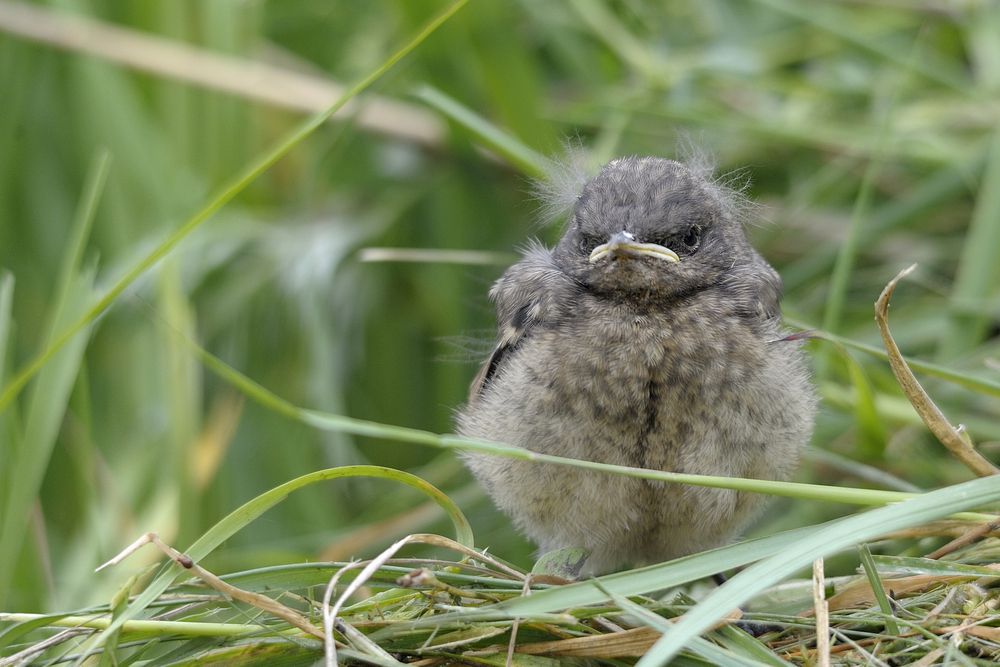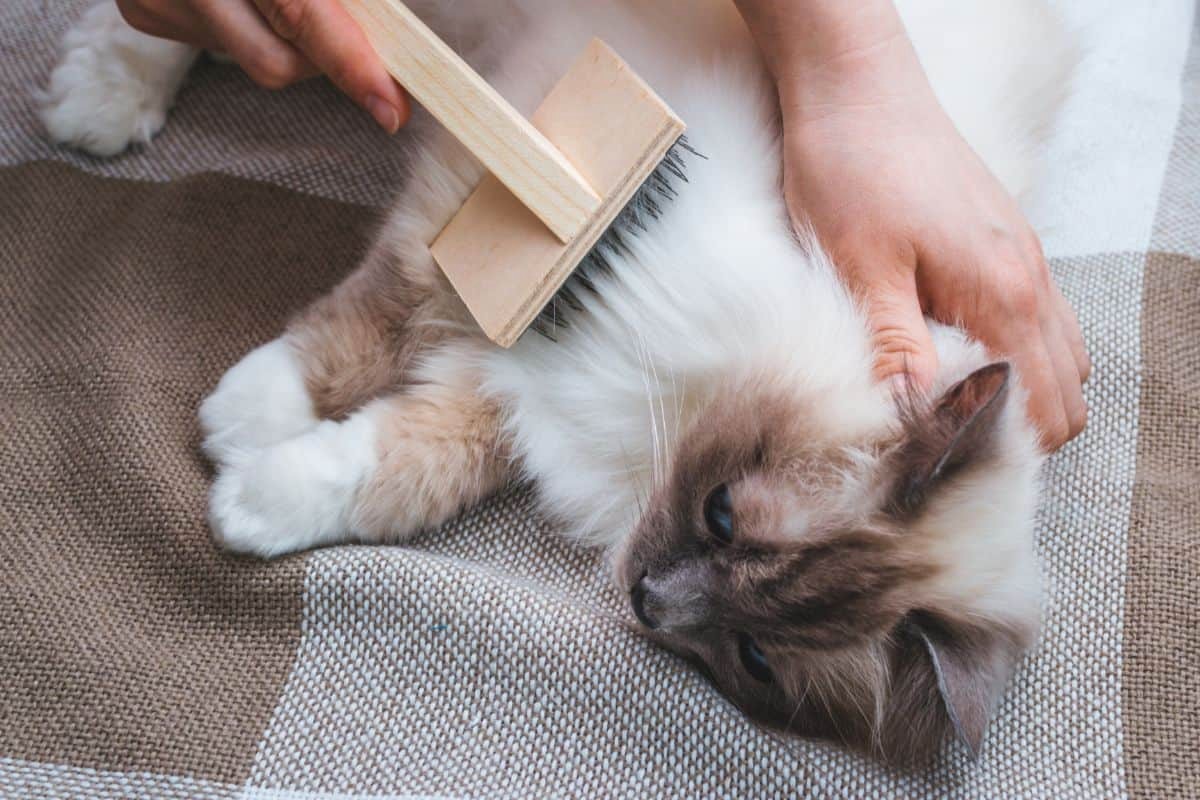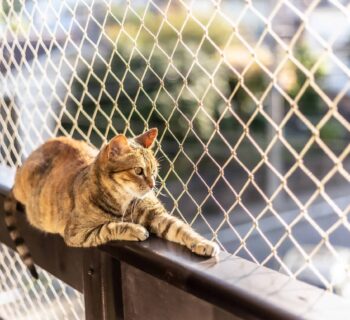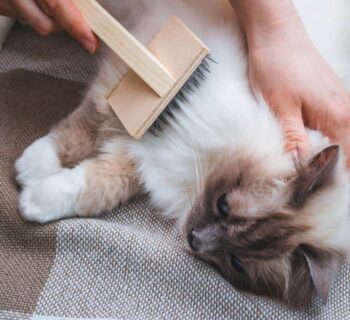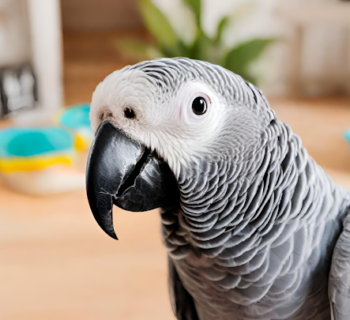Is your feline getting a little less furry these days? Some loss of hair, like dropping their winter season coat, is typical. Yet if they shed a lot of hair, there may be trouble.
Do they regularly lick or scrape themselves? Cats groom themselves a great deal, as much as half of the time they're awake. Excessive can cause skin sores, loss of hair, as well as infection. If your cat appears extra interested in licking its hair than other tasks like eating or playing, that's a warning.
You can see hair loss in cats due to the fact that:
They were born with a safe skin disease.
They are sick.
It's an adverse effect of an easy-to-treat condition.
The Most Usual Reasons
You'll require to contact your vet to figure out specifically what's taking place. In most cases, the reason isn't serious.
Maybe:
- Allergies: They're the top cause of loss of hair. Like people, your cat can get allergic to food, insect bites, dirt, medicines, or pollen. To alleviate the impulse, they'll lick their hair till there are hairless areas. It's easy to treat, yet you may have to provide medication for the rest of your life.
- Parasites: Fleas, lice, termites, and ticks can make them damage and lick, as well, causing bald places as well as sores. Therapy is normally easy and quick. Ask your vet which medication you need to use.
- Ringworm infection: No, it's not a worm. It's a fungal infection. And a flaky ring of missing hair is an indication. Your cat is able to tell you for certain, as well as recommend ointments or antifungal creams, medicated bathrooms, or even medicines orally.
- Anxiety and stress: When cats get worried, as well as obsessively scratch and lick, they can shed hair. Veterinarians call this "psychogenic alopecia." Felines that have it have a tendency to pick at their sides, stomachs, as well as legs. It's most usual in women purebreds with anxious individualities. Treat their injuries, and ask your vet if they need an antidepressant or changes in their setting, like keeping pets away or putting up high perches.
- Discomfort: Cats with joint inflammation may lick themselves at the site of the discomfort.
Unusual Reasons
Pure breeds are most likely to have genetics that triggers the loss of hair. Others, like the Sphynx, are reproduced to be hairless. It's unlikely, however, hair loss can be a sign of immune system trouble, an overactive thyroid, diabetes mellitus, or cancers. Inform your veterinarian of everything about your cat's actions, diet, as well as residence to help pinpoint the cause.

